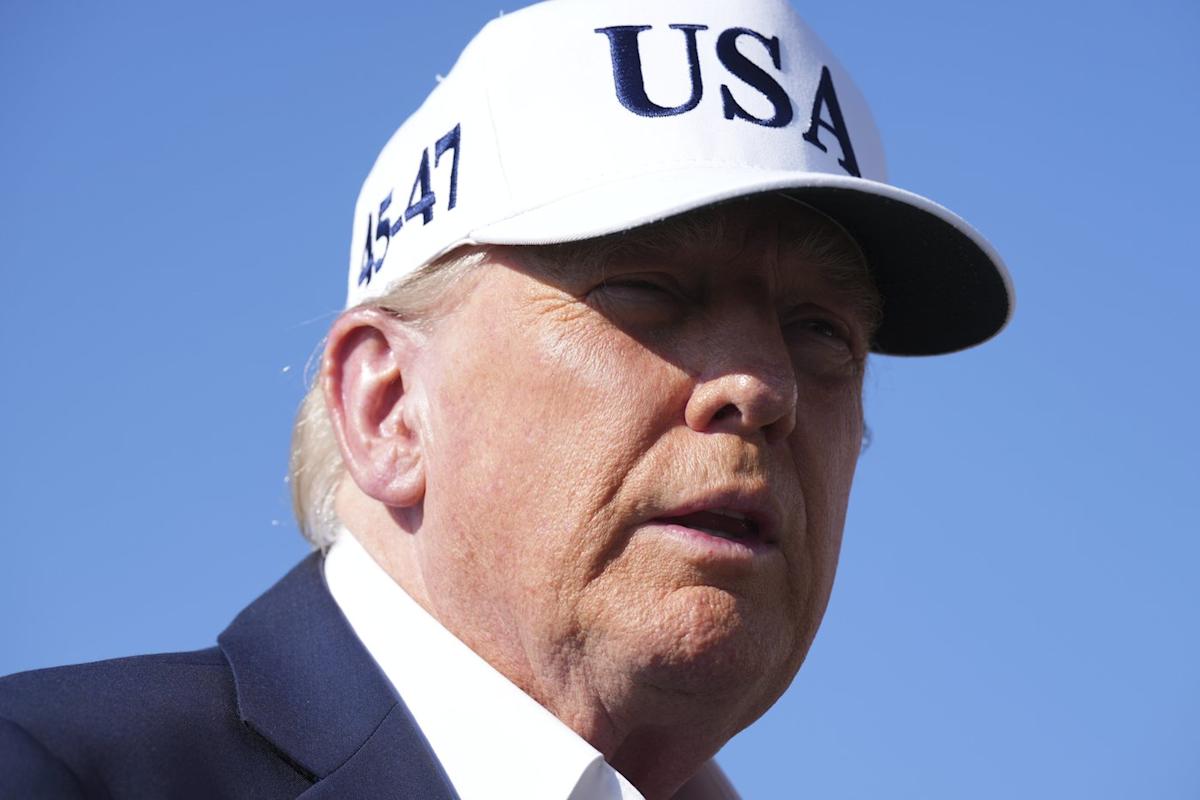WASHINGTON — U.S. President Donald Trump started sending out letters to governments around the world Monday threatening high tariffs in the absence of trade deals — even as he gave himself more time to make those deals.
White House Press Secretary Karoline Leavitt said Trump will sign an executive order Monday to delay the threatened tariffs — which were set to take effect Wednesday — until Aug. 1.
Canada was not targeted by those global tariffs and has committed to coming up with some sort of bilateral deal with the U.S. by July 21. The Prime Minister’s Office said Monday it was still working toward that deadline.
Fen Osler Hampson, international affairs professor at Carleton University, said there’s no point in Canada committing to a trade deal before it knows what’s in other countries’ trade agreements with the U.S.
“There’s probably what I would call a last-mover advantage,” Hampson said.
“If you are looking at what other countries are negotiating, particularly a potential competitor, you want to come in with a tariff that is lower than what they have negotiated because that’s going to make you more competitive.”
Trump took his trade war to the world with his so-called “reciprocal” tariffs in April, but walked back the most devastating duties a few hours later. A 10 per cent universal tariff remained in place for most countries.
Trump set a 90-day deadline to make deals — but the only trade arrangements the Trump administration has come up with since have been frameworks for deals with the United Kingdom and Vietnam.
Members of Trump’s administration changed their tune over the weekend about whether those elevated tariffs would descend on global markets this week.
The president ramped up pressure on Monday by sending correspondence to countries hit by “Liberation Day” duties warning them he will impose a high tariff rate if there’s no trade deal.
He posted letters sent to Japan and South Korea on social media Monday morning. Leavitt said 12 more letters would be released on the president’s social media throughout the day.
While not affected by those global tariffs, Canada is still being hit with fentanyl-related U.S. tariffs. Those 25 per cent tariffs, with a lower 10 per cent levy on energy and potash, only apply to exports that don’t comply with the Canada-U.S.-Mexico Agreement on trade.
Canada is also being hit with Trump’s tariffs on steel, aluminum and automobiles.
Prime Minister Mark Carney and Trump agreed in March to negotiate a new security and economic partnership, and have been working toward that since Carney visited the White House in early May.
Story Continues
